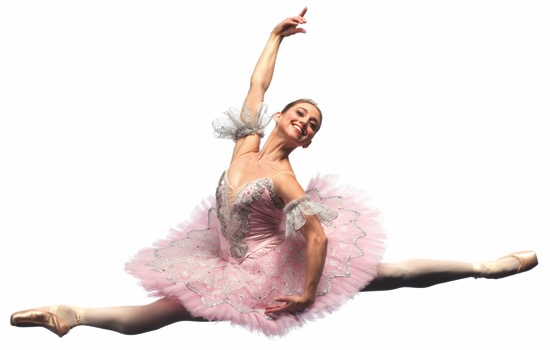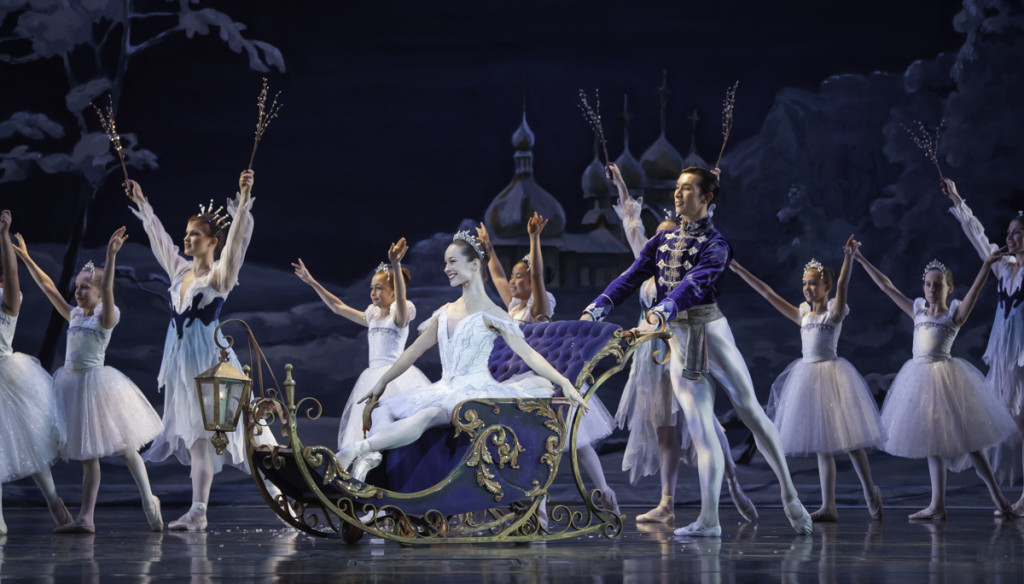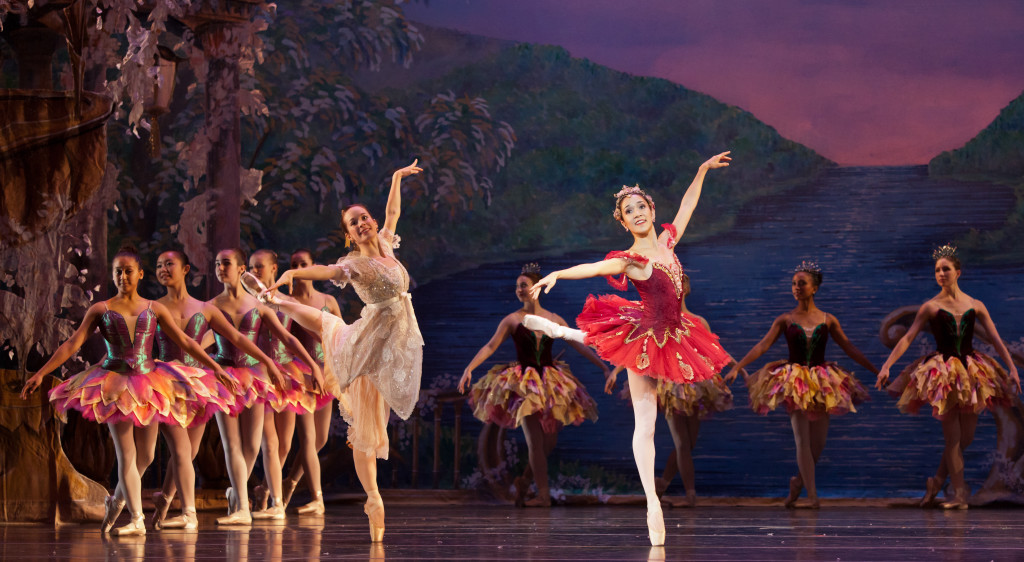
by Sharon Wehner
“What does it mean to you to be celebrating your 20th season with the Colorado Ballet?”
This is a question I have been asked over and over again since our season started this past July—a question asked by my colleagues, by board members, by our marketing department, and by numerous members of the media. I have spent hours pondering it, and each time I am asked, it seems I have a different answer.
It is a big question, and quite honestly, I dread it, because it sends me spinning into a myriad of memories and growth periods—both beautiful ones, and those that were, well, more challenging. My first response is to say that it feels like any milestone birthday. On the one hand, it’s could be viewed as just another number. From a pessimistic perspective, it could be seen as the inevitable passing of time—one year closer to the end. Dancers love to bemoan how old they are getting and how old their bodies feel, a tendency that starts about the age of puberty. But from another perspective, a milestone birthday could be an opportunity to feel blessed—one more year to be able to be and do what I love.
What does it mean to dance for twenty years in the same company? As every dancer knows, choosing this as one’s profession means accepting some unique parameters:
- Dancing is a career with a limited lifespan—retirement does not mean turning 65.5 and collecting a pension. Longevity in one company may earn a small amount of seniority, but nothing like the retirement benefits of a company in the corporate world.
- Being a professional dancer requires a particular lifestyle commitment. Because our body is our bread and butter, what we do outside the “office” affects our ability to be at the top of our game. Simple things like food, sleep, rest, exercise, and play are all intimately connected to our performance. And as the years pass, maintenance on the body becomes an increasingly refined and conscientious balance of these elements.
- Dancing can be a very transient kind of lifestyle. Those who freelance must weave together a patchwork of gigs, supplemented by other kinds of work to pay the bills. They must be able to adapt quickly to new bosses, colleagues, an environments. Even those dancers who want the stability of a company, will often switch companies several times during the span of their careers, for a number of reasons.
Given all of these tendencies, why would someone commit the bulk of their dance career to one ballet company for 20-plus years? When I ask myself this question, there are a multitude of answers, which brings up the question “What are the advantages of such a commitment?” [Read more…]









